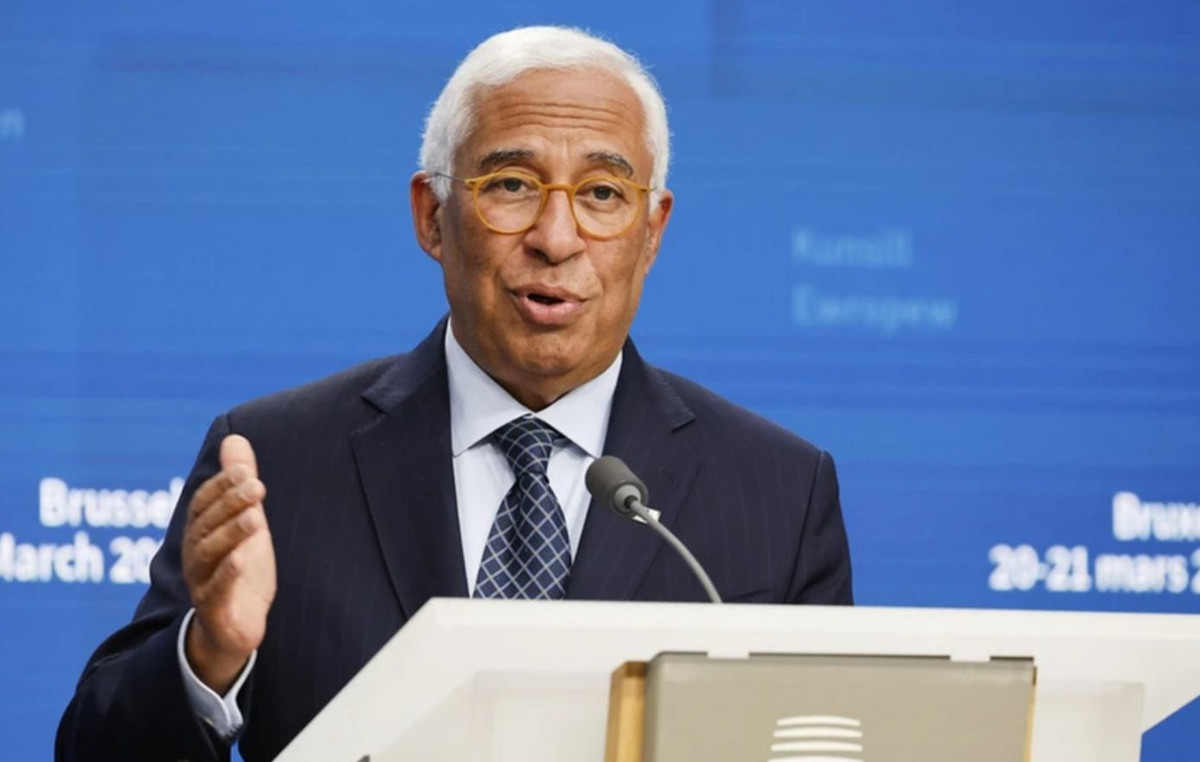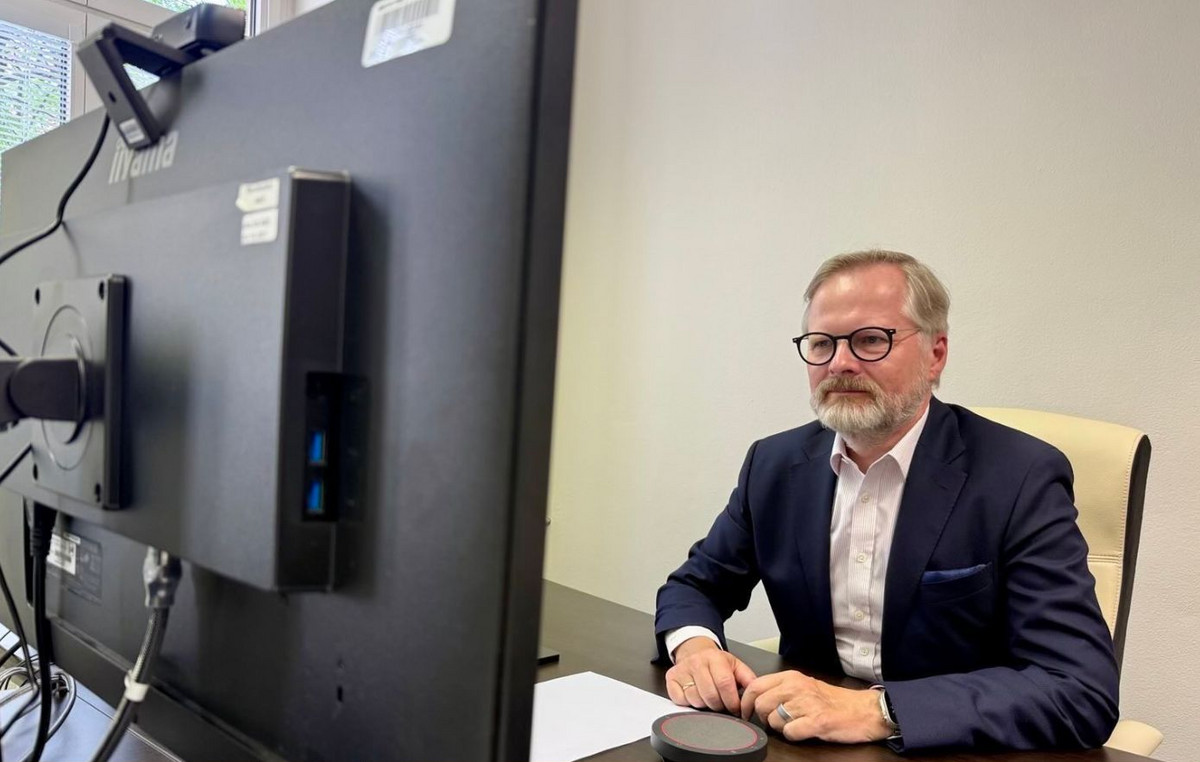Economists and associations that represent investors criticize the amendment to the State-Owned Companies Law, approved by the Chamber of Deputies last Tuesday (13) and which may be voted on today (15) by the Senate.
In an interview with CNN this Thursday (15), Valéria Café, director of the Instituto de Governança Corporativa, criticized the reduction of the quarantine period – from 36 months to 30 days – and pointed out “political bias” in the modification of the State-owned law.
“Political party interference harms public coffers, harms the quality of services and products offered to society, harms the Brazilian business environment, jeopardizes the country’s development”, says Valéria Café.
For her, the change in legislation may also increase inequality because it opens a gap for corruption.
For Café, when discussing a change that would facilitate political appointments to high-ranking positions in state-owned companies, “we are going back five or six years to an issue that had already been decided in Brazil”.
The State-Owned Companies Law as we know it today dates from 2016, and guarantees that people with technical training and competence take on positions. She said that, since then, these companies had already gone through a governance qualification process that brought about effective changes, with great results.
Alexandre Albuquerque, Moody’s senior analyst for the banking sector in Brazil, pointed out negative impacts for the public banking sector.
“The announcement of the change in the State-owned Law is negative for public banks because it can increase the governance risks of these institutions, since political intervention can impact their business strategies and generation of results”, said Alexandre Albuquerque to CNN 🇧🇷
He continued: “Although there is a clear indication that the new government will increase lending through public banks in Brazil, these institutions currently have strong capitalization to support this strategy. However, the risk of extending credit at rates lower than market prices could result in profitability pressures amid a 2023 scenario of increased credit risk.”
Possible interventions in state
O Goldman Sachs sees the state-owned law as “one of the layers of protection against possible interventions in the (state-owned) company”. Still according to Goldman Sachs, the law offers “some level of protection against interventions in the PBR (common shares), in the long term we continue to have little visibility on the approach of the new administration in the medium / long term”.
The bank also says it expects “a negative reaction from the market after the news” of approval by the Chamber and the expectation of approval of the Law by the Senate, which is already happening. This Thursday morning (15), the São Paulo Stock Exchange opened with a drop.
The main thermometer of market expectations for the evolution of the Selic, the economy’s basic rate, future DI (Interbank Deposit) interest rates have been registering consecutive daily increases amid fears about the elected government’s plans and changes in the State-owned Law.
Like Goldman Sachs, the credit rating agency Moody’s also stated that changes in legislation are negative for banks controlled by the government, citing greater governance risks, “since political intervention can impact their business strategies and generation of results”.
“The risk of extending credit at rates lower than market prices could result in profitability pressures amid a 2023 scenario of increased credit risk,” the agency concluded.
On Wednesday (14th), associations that represent investors, allied with the IBGC, an entity that defends corporate governance, and the Ethos Institute, published a note of repudiation on the alteration of the Law of State-Owned Companies.
The note highlights that the State-owned Law protects companies controlled by the government against “risk of being captured by party-political interests” 🇧🇷
Informally, participants of the entities that signed the note claim that the change in the Law could lead the state-owned companies to a setback, causing these companies to become “job hangers” again. Another criticism made concerns the deadline for approval of the change in the Law by parliamentarians, at the drop of a hat, in one night.
The reading made is that politicians are revoking in a few hours the construction of a law that was elaborated from years of discussion, based on international parameters.
The State-owned Law was created in 2016, during the government of former President Michel Temer, in response to the embezzlement of public money identified by Operation Lava Jato.
The norm prohibits the nomination for councils of state-owned companies or agencies of people who worked in electoral campaigns or actively participated in the decision-making structure of parties in the previous three years.
The Chamber’s text reduced from 36 months to 30 days the period that a person who has acted in an electoral campaign or party structure needs to spend in quarantine to take office in a management position in a public company or government-controlled company. It also applies to state and regulatory agencies.
“Rewind”
Senator Tasso Jereissati (PSDB-CE) criticized the loosening of the State-owned Law. The toucan, who reported the text that gave rise to the law that makes the political allotment of public companies more difficult, classified the fact that the PT supported the initiative as “stupidity”.
For Tasso, in an interview with Estadão, the change leaves the “door open for all kinds of non-republican things”.
The change was approved in the Chamber of Deputies a few hours after president-elect Luiz Inácio Lula da Silva (PT) confirmed former minister Aloizio Mercadante as president of the National Bank for Economic and Social Development (BNDES).
“It is a historic step backwards in the life of Brazilian state-owned companies towards the Republic of Bananas. On the other hand, it’s stupid because Aloizio Mercadante, in this case, if it was done to benefit him, I think it harmed him. As Aloizio holds a doctorate in economics, has all the credentials, had no mandate, was not part of the PT directory, had not participated in elections for a long time, he had a whole narrative for the bank’s board to appreciate. It was a shot in the foot.”
(Published by Ingrid Alfaya. With information from Caio Junqueira, Luciana Amaral, Priscila Yazbek and Estadão Escolha)
Source: CNN Brasil
A journalist with over 7 years of experience in the news industry, currently working at World Stock Market as an author for the Entertainment section and also contributing to the Economics or finance section on a part-time basis. Has a passion for Entertainment and fashion topics, and has put in a lot of research and effort to provide accurate information to readers.







